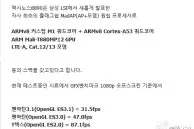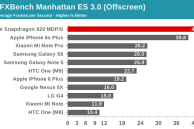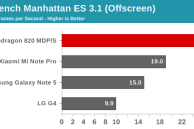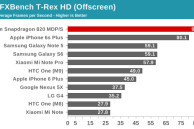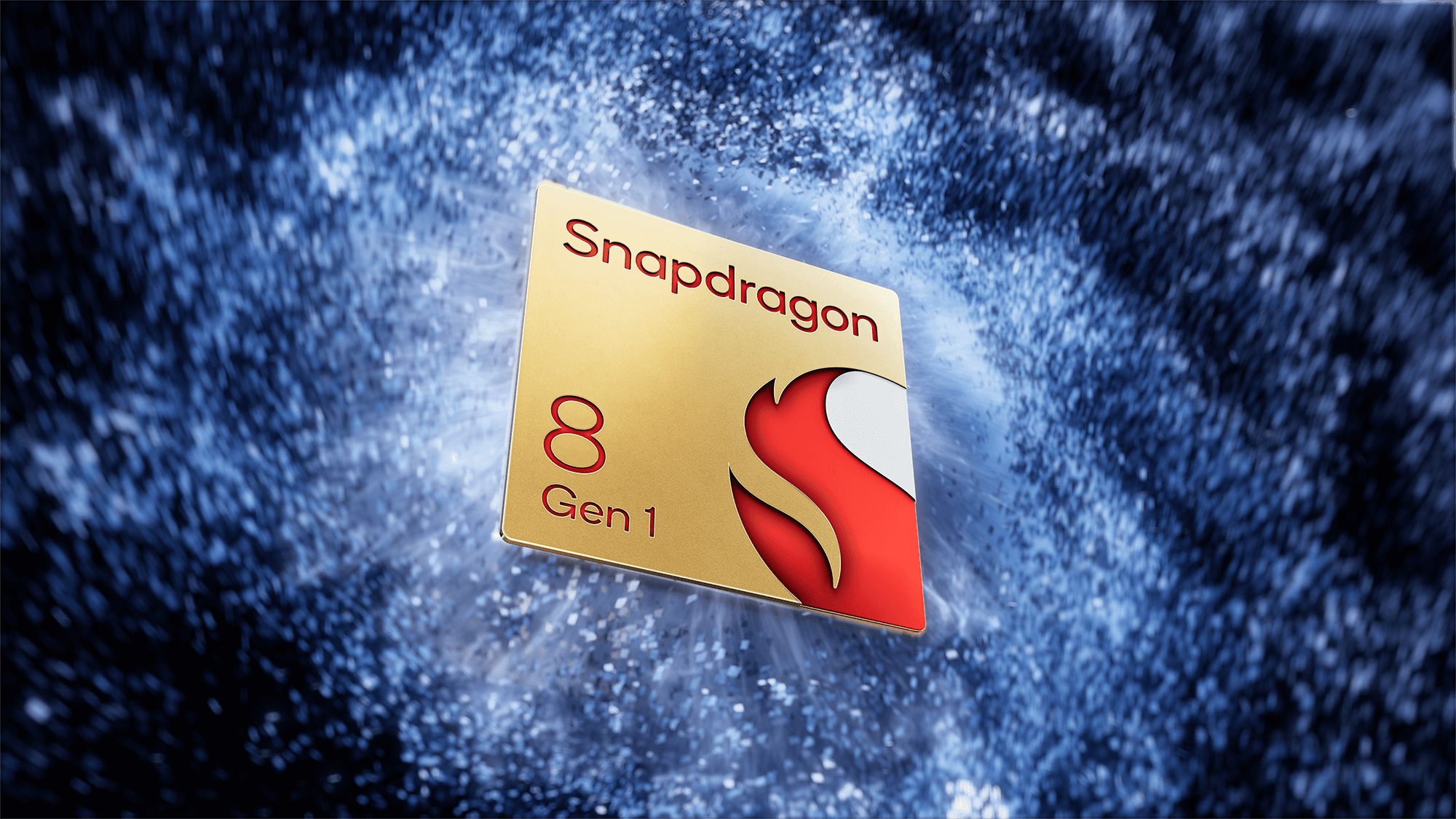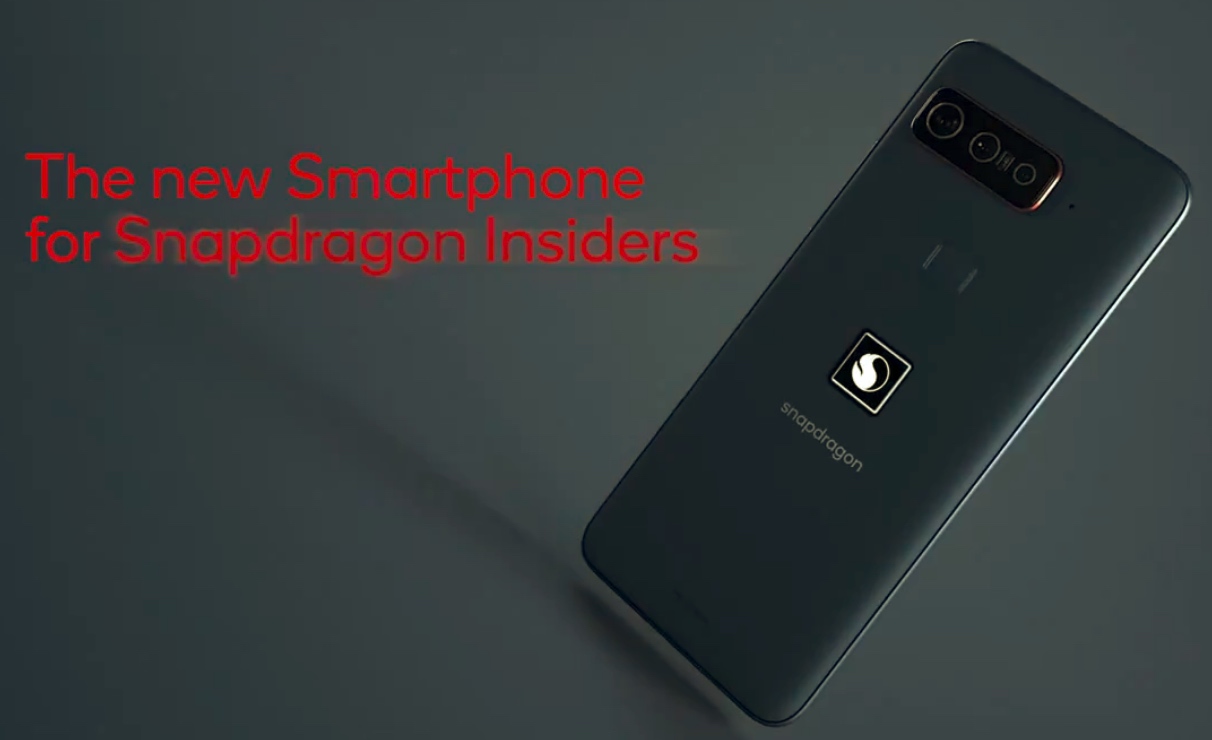
Yesterday, the team over at AnandTech posted a performance preview of the Snapdragon 820 chipset from Qualcomm. The next generation high-end chipset from the company features its own custom Kryo cores and an Adreno 530 GPU.
After the disastrous Snapdragon 810 chipset released this year, expectations from the company’s next flagship chipset are pretty high. The benchmarks from AnandTech revealed that the Snapdragon 820 provides a decent boost in performance — especially in single-threaded tasks — compared to the likes of the Exynos 7420 and Snapdragon 810 chipset. The GPU performance was even better, with the Adreno 530 surpassing the powerful GPU found inside the iPhone 6s on many benchmarks.
However, if leaked benchmarks are to be believed, Samsung’s Exynos 8890 chipset — which will be based on the company’s own custom architecture and feature a Mali-T880-MP12 GPU — will give the Snapdragon 820 chipset a run for its money in the GPU performance department. According to the leak, the T880-MP12 GPU inside the Exynos 8890 chipset scored around 31.5FPS in the GFXBench Manhattan ES 3.1 benchmark compared to the 30FPS scored by Snapdragon 820’s Adreno 530 GPU. In the Manhattan OpenGL ES 3.0 benchmark, the Mali T880-MP12 GPU scored 47FPS while Qualcomm’s GPU scored 45FPS.
The performance difference between the two GPUs in other benchmarks is similarly very close. Traditionally, Qualcomm’s Adreno GPU have always been better than the Mali GPU used by Samsung in their chipset. However, it looks like Samsung has learnt from their past mistakes and have greatly improved the overall performance of the GPU they are using inside the Exynos 8890.
With both chipsets still months away from making their debut inside a consumer handset, there is still a strong possibility that their final performance will differ from what we see in the benchmarks. This is because both Samsung and Qualcomm will be optimising the drivers of the GPU and reduce driver overhead for better performance.
[Via G for Games, AnandTech]